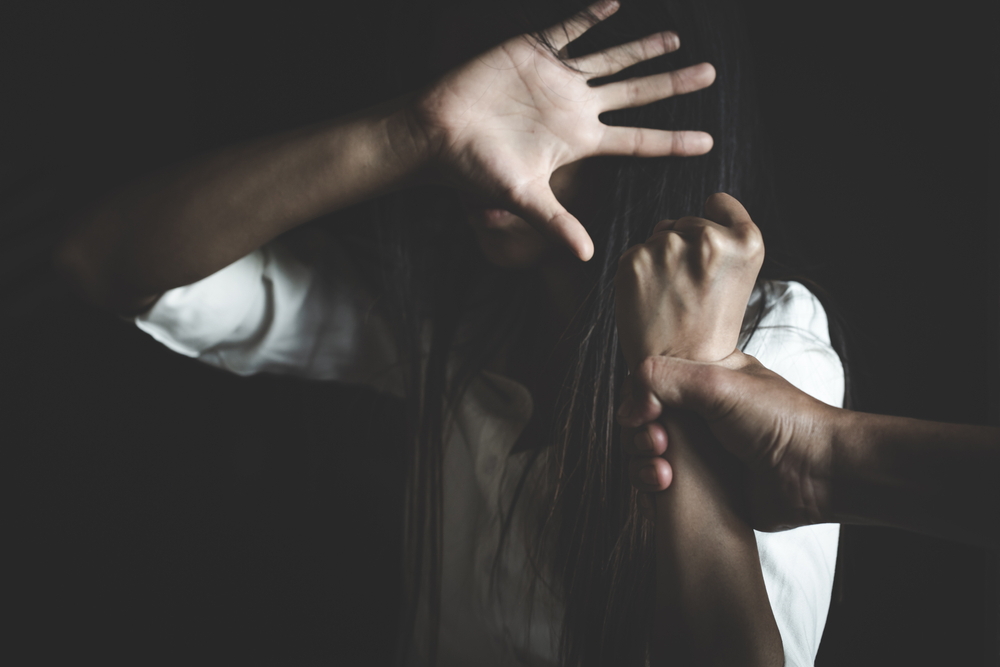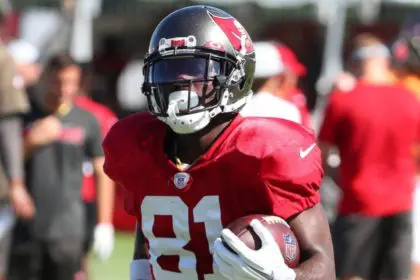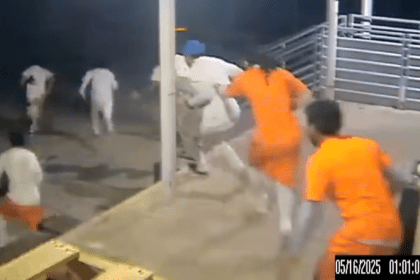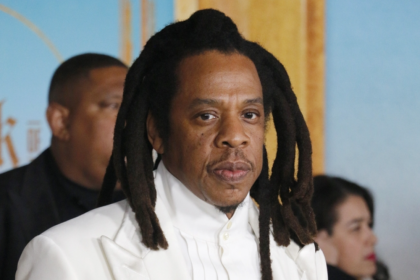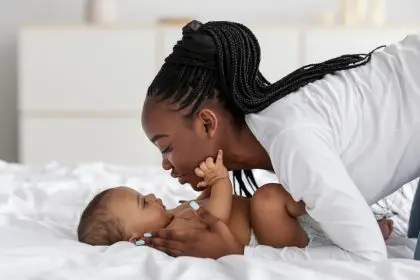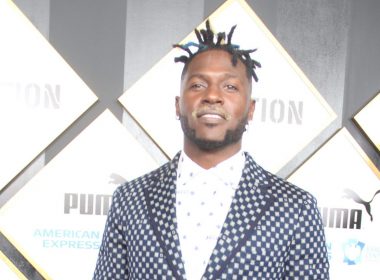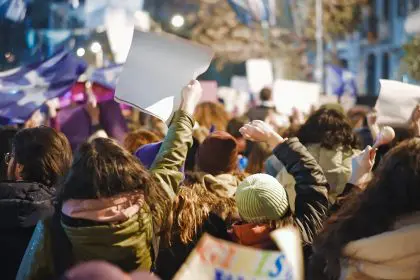In a heartbreaking incident that has sent shockwaves through the sports community, Ugandan Olympic athlete Rebecca Cheptegei has died after a brutal attack by her former boyfriend. The marathon runner, who recently competed in the Paris Olympics, succumbed to extensive burns inflicted upon her just days before her passing. This tragic event underscores the growing concern over domestic violence, particularly against female athletes.
The incident
Cheptegei, a talented athlete known for her resilience, was targeted after returning home from church in northwest Kenya, where she had been living and training. The attack reportedly occurred during a heated argument over a piece of land, which had become a point of contention between the couple. Local authorities are investigating the case, aiming to bring justice to this horrific crime.
Medical response and aftermath
Dr. Owen Menach, head of Moi Teaching and Referral Hospital in Eldoret, reported that Cheptegei died after her organs failed due to the severity of her injuries. Her former boyfriend, who was also injured in the incident, remains in intensive care but is reportedly stable.
Rising violence against female athletes
Cheptegei’s death is part of a troubling pattern of violence against female athletes, particularly in Kenya. According to the BBC, 34 percent of Kenyan women said in a 2022 national survey that they’ve experienced physical violence. Cheptegei is the third athlete to die under similar circumstances since October 2021, following the murders of Agnes Tirop and Damaris Mutua, both of whom were also killed by their partners. These incidents highlight a disturbing trend of domestic violence that increasingly affects women in sports, a phenomenon that has drawn attention from both local and international communities.
The broader issue: Domestic violence and sports
Domestic violence is a pervasive issue that has touched the lives of numerous athletes, both as victims and alleged perpetrators. For instance, former NBA player and Olympic champion Jason Kidd was arrested for domestic violence in 2001. On the other side, athletes like Hope Solo, the former U.S. women’s soccer goalkeeper, have faced legal troubles due to domestic violence allegations, raising questions about accountability within the sports world.
These cases — alongside Cheptegei’s tragic death — reveal the complex and often hidden challenges that athletes face off the field. The issue extends beyond national boundaries and involves both male and female athletes, highlighting the need for more comprehensive support systems and stricter enforcement of laws against domestic violence in sports.
A call for justice
Cheptegei’s father, Joseph, expressed his deep grief and called for justice outside the hospital where she was treated. He described his daughter as a supportive and determined individual, emphasizing the need for accountability in cases of domestic violence.
“We are deeply saddened to announce the passing of our athlete, Rebecca Cheptegei, who tragically fell victim to domestic violence,” the head of Uganda’s athletics federation stated in a condemnation of the act. “May her soul rest in peace.”
Cheptegei’s legacy
Cheptegei was not only a talented athlete but also a symbol of resilience and determination. She finished 44th in the marathon at the recent Paris Olympics and won gold at the World Mountain and Trail Running Championships in Chiang Mai, Thailand, in 2022. Her legacy will undoubtedly continue to inspire many, even in the face of such a tragic end.
A call for change
The death of Cheptegei serves as a grim reminder of the urgent need to address domestic violence, particularly against women in sports. Her story, like those of Tirop and Mutua, must prompt a larger conversation about the safety and well-being of female athletes. As the investigation unfolds, the hope is that justice will be served and that her death will contribute to meaningful change.
In memory of Cheptegei, we must advocate for change and support initiatives aimed at preventing domestic violence in all its forms. The sports community — and society at large — must come together to protect and uplift athletes who face these harrowing challenges.

